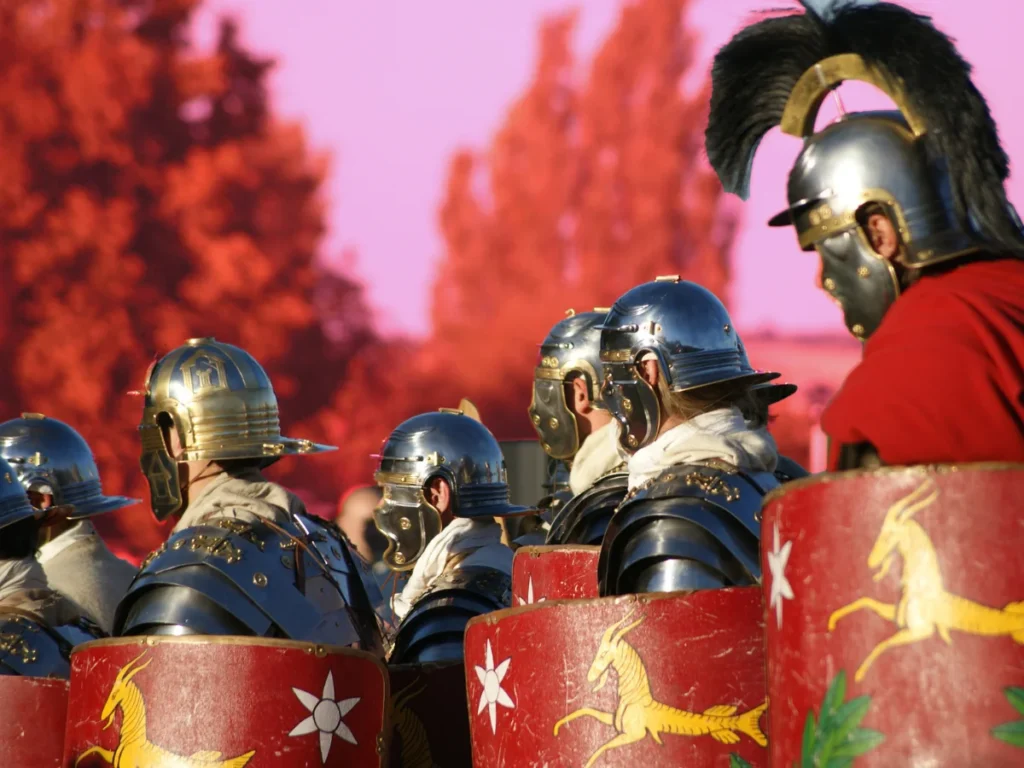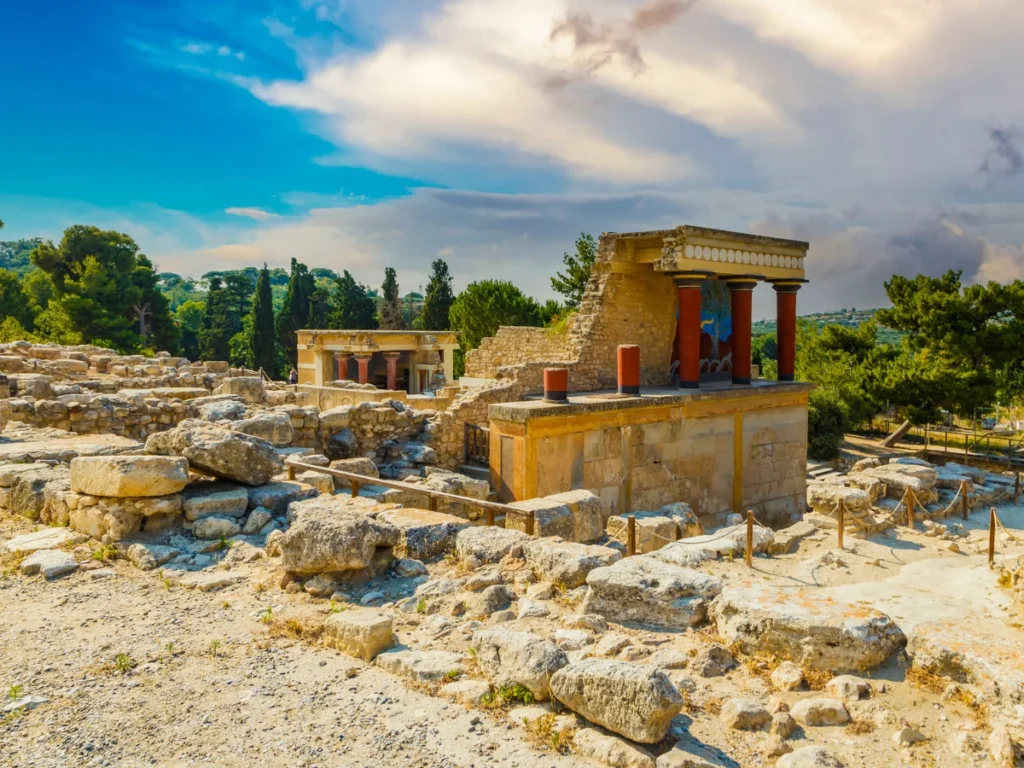The Roman–Seleucid war
The Roman–Seleucid war (192–188 BC) was a significant conflict driven by the ambitions of Antiochus III to revive the Seleucid Empire and Rome’s desire to expand its influence in the eastern Mediterranean. Notably, the Romans, with disciplined legions and adaptability, triumphed in decisive battles like Magnesia. The war’s conclusion, the Treaty of Apamea, weakened the Seleucids, solidifying Rome’s dominance in the Hellenistic East and reshaping the region’s political landscape.

The Roman–Seleucid War (192–188 BC)
The Prelude to Conflict:
The Roman–Seleucid War (192–188 BC) erupted due to complex geopolitical factors. Antiochus III, the Seleucid king, aimed to restore the dwindling Seleucid Empire’s former glory. Rome, on the other hand, sought to expand its influence in the eastern Mediterranean. Their ambitions clashed, leading to the outbreak of war.
The Course of the War:
The conflict saw several significant battles, with the most notable being the Battle of Thermopylae in 191 BC. Led by the Roman consul Manius Acilius Glabrio, the Roman legions effectively countered Antiochus’s forces, gaining the upper hand. In 190 BC, the decisive Battle of Magnesia sealed the fate of the Seleucids. Roman legions, commanded by Lucius Cornelius Scipio Asiaticus, emerged victorious, capturing Antiochus III.
Strategies Employed:
Roman legions adopted a well-organized and disciplined approach in stark contrast to the Seleucids’ more traditional tactics. Rome’s military superiority was evident in its ability to adapt to various terrains and circumstances. This adaptability was showcased at Magnesia, where the Romans exploited their enemy’s weaknesses.
Consequences and Aftermath:
The Treaty of Apamea in 188 BC marked the end of the war, resulting in Antiochus III ceding territory and paying a substantial indemnity to Rome. This defeat weakened the Seleucid Empire considerably, hastening its decline. Simultaneously, Rome solidified its dominance in the eastern Mediterranean. A pivotal step in its path to becoming the dominant superpower of the ancient world.
The Roman–Seleucid War left a lasting impact, reshaping the political landscape of the Hellenistic East and further consolidating Rome’s power in the region.
More History

Aristoteles
Aristotle, the luminary of ancient Greece, delved into diverse realms of knowledge, profoundly influencing philosophy, science, and ethics with his profound insights.

King Leonidias
The Spartan King, epitomized unyielding courage and honor, becoming an enduring symbol of defiance against overwhelming odds in the Battle of Thermopylae.

Cleopatra
Cleopatra, the enigmatic Egyptian queen, entwined her destiny with powerful men like Julius Caesar and Mark Antony, shaping the course of ancient Greek history.
